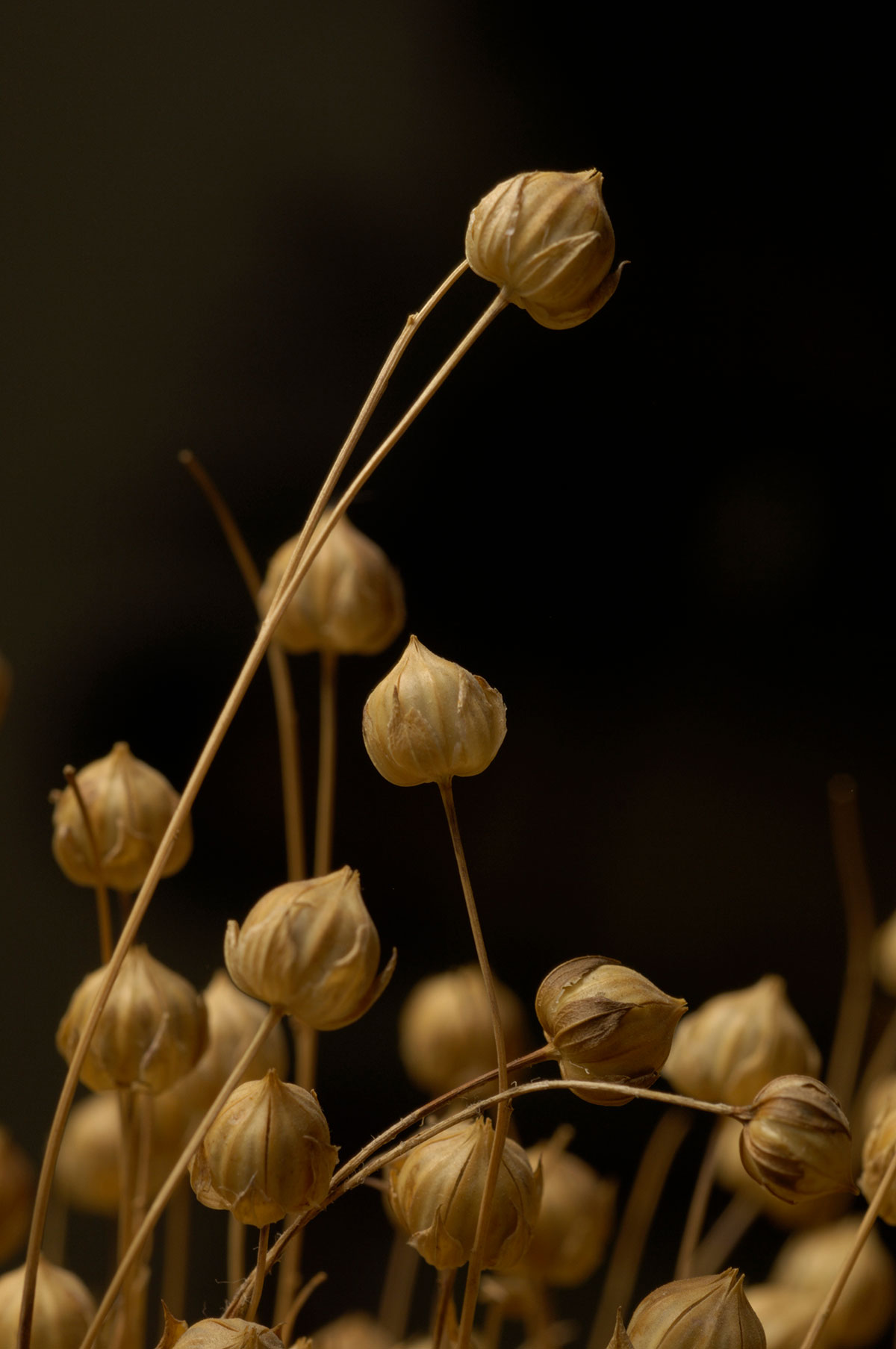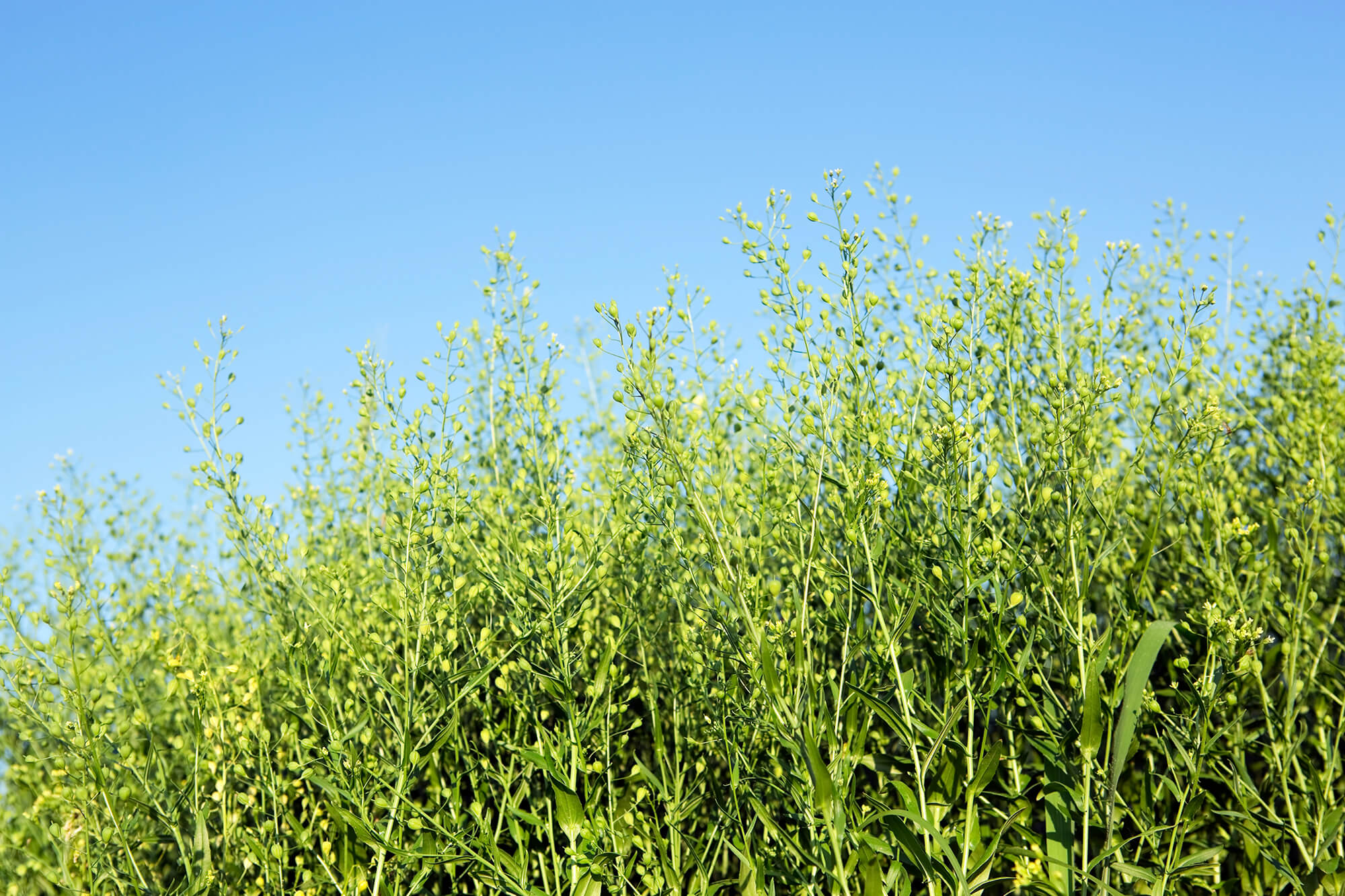
What is the Diverse Field Crops Cluster?
The Diverse Field Crops Cluster (DFCC) is an agri-science cluster whose purpose is to support the research and development of five high-potential, special crops. This project focuses on five crops: camelina, flax, carinata, mustard and sunflower.
Aligning Industry and Research Stakeholders
Led by Ag-West Bio, with funding through Agriculture and Agri-Food Canada’s AgriScience Program – Clusters Component, an initiative under the Sustainable Canadian Agricultural Partnership, combined with industry partners. DFCC aligns industry and research stakeholders to seize market opportunities and accelerate the acreage and market returns of these crops. Diversifying the cropping mix will help extend rotations, break disease and pest cycles, and insulate producers from the volatility of commodity price cycles.
Farmers are already feeling the effects of climate change as pests and diseases adapt quickly to variable temperatures and moisture levels.
The Diverse Field Crops Cluster (DFCC) is addressing climate change challenges by developing special crops that are more tolerant to water and heat stress, reduce greenhouse gases and increase carbon sequestration. These crops will give farmers viable crop rotation options and generate value-added products that contribute to economic growth.

Advancing the agriculture industry through research
DFCC research activities are aligned with outcomes in three areas:
Benchmarking GHG emissions: Comparing emissions of diverse crops to that of wheat and developing best practices for nitrogen use efficiency.
Development of camelina’s agronomic qualities and resilience: Beneficial management practices (BMPs) and additional data for carbon accumulation will lead to greater use of camelina as a new oilseed crop and a viable alternative for production on poorer quality land.
Improving genetic resiliency, yields and disease resistance in rotation crops: Increasing yields and disease resistance in mustard, flax and sunflower will result in these crops being more competitive with other crops.
Latest News












